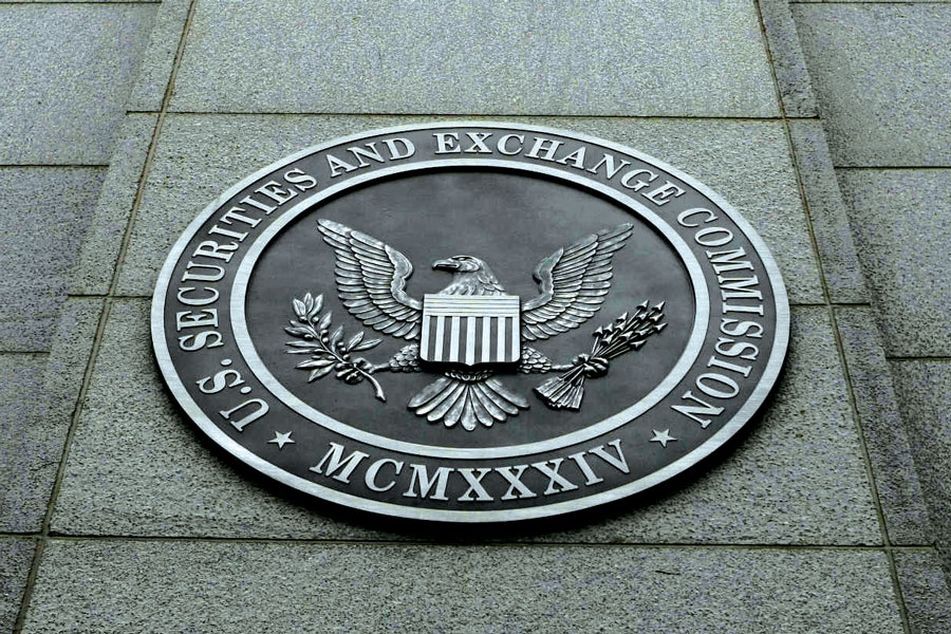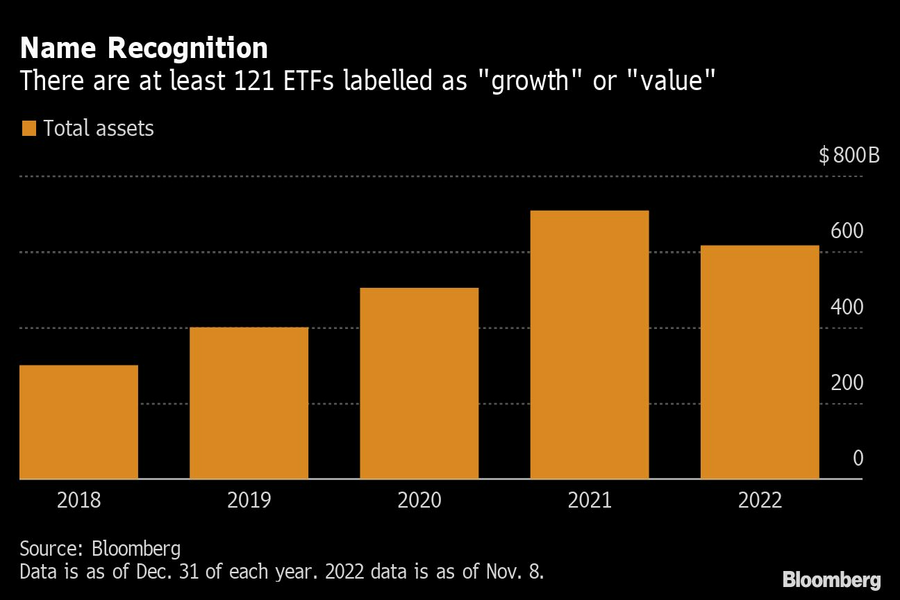JPMorgan, money managers pushing back against proposed SEC names rule

The agency is floating tighter rules that would require certain funds to have at least 80% of assets correspond to investment strategies listed in their names.
JPMorgan Asset Management, Invesco Ltd. and Dimensional Fund Advisors are among large money managers pushing back against proposals by U.S. regulators to crack down on misleading fund names.
The Securities and Exchange Commission is floating tighter rules that would require certain funds to have at least 80% of assets correspond to investment strategies listed in their names. While the new rules are partly aimed at preventing greenwashing and ensuring ESG-labeled funds aren’t misleading investors, they would also affect a broad swath of funds that invest based on characteristics such as “value,” “growth” and “income.”
Money managers are arguing that there are no objective measures to define and quantify many of those characteristics. They’re also concerned that these rules would be expensive to adhere to and could be burdensome to investors. At least 30 asset managers, law firms and trade groups submitted comments ahead of a deadline last week criticizing these proposals.
The rules “have the potential to harm investors more than they increase investor protection,” Invesco wrote in its comment letter. They could “create major hurdles to the ability of fund compliance departments to monitor fund investment portfolios accurately and efficiently; and could ultimately hurt industry competition and creativity.”
An SEC spokesperson said the agency “benefits from robust engagement from the public and will review all comments submitted during the open comment period.”
It is unclear how many funds would be impacted by the proposed rules. Looking solely at exchange-traded funds with “growth” or “value” in their names, there are at least 121 products holding over $600 billion, according to data compiled by Bloomberg. The proposed rules would also impact mutual funds.

The proposals follow a 2020 request for public comment on the current framework for fund names, which were put in place two decades ago. The SEC said the existing rules aren’t well-suited to address the ways in which the fund industry has evolved, and that competition has created incentives for money managers to use names designed to attract investors. Proponents of the tighter regulation say it would help investors better understand funds if the names and strategies were more closely aligned.
For many opponents, the proposals are too broad. The current names rules apply to funds whose names list an investment type, such as asset class or geographic focus. The new rules would extend to investment characteristics, which are subjective and can vary over time, according to firms that are criticizing the proposals.
For example, some growth managers may still see the potential for Meta Platforms Inc.’s shares to rebound, despite the stock moving into the Russell 1000 Value Index after recent declines, JPMorgan Asset Management said. Under the proposals, however, “they may be inclined to sell to avoid having the Commission or investors second guess their judgment,” the firm said in its comment letter.
Firms would also have to spend more resources on monitoring holdings and filing additional disclosures, and they may have to pass on some of these costs to investors, opponents argued in their comment letters. Additionally, funds largely can’t deviate from their 80% threshold for more than 30 days under the proposals, so they may have to sell assets at unfavorable prices, the firms said.
More broadly, opponents said the tighter rules place too much importance on fund names, which could confuse investors.
The proposals “risk overemphasizing and driving too much attention to a fund’s name — resulting in, at one end of the spectrum, longer, more complex, names or, at the other end of the spectrum, more general, less informative, names,” wrote the Investment Company Institute, an association representing investment funds.
Nate Geraci, president of advisory firm The ETF Store, said while the overall spirit of the proposals to prevent misleading names makes sense, “the actual implementation could prove rather challenging, which is why the industry is pushing back.”
Learn more about reprints and licensing for this article.








